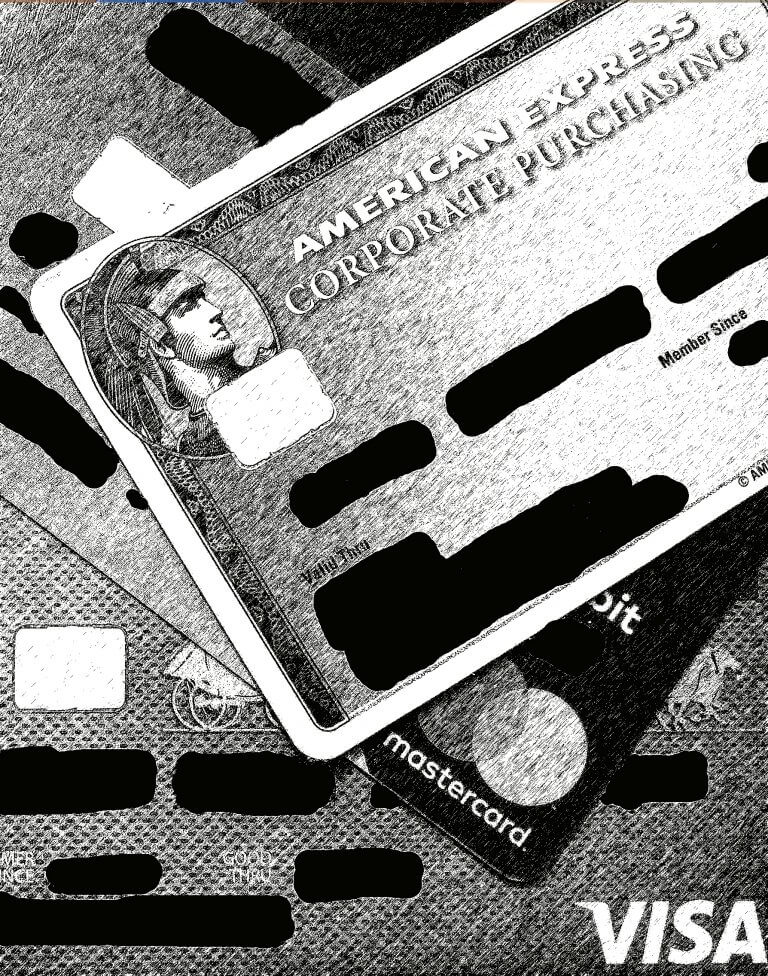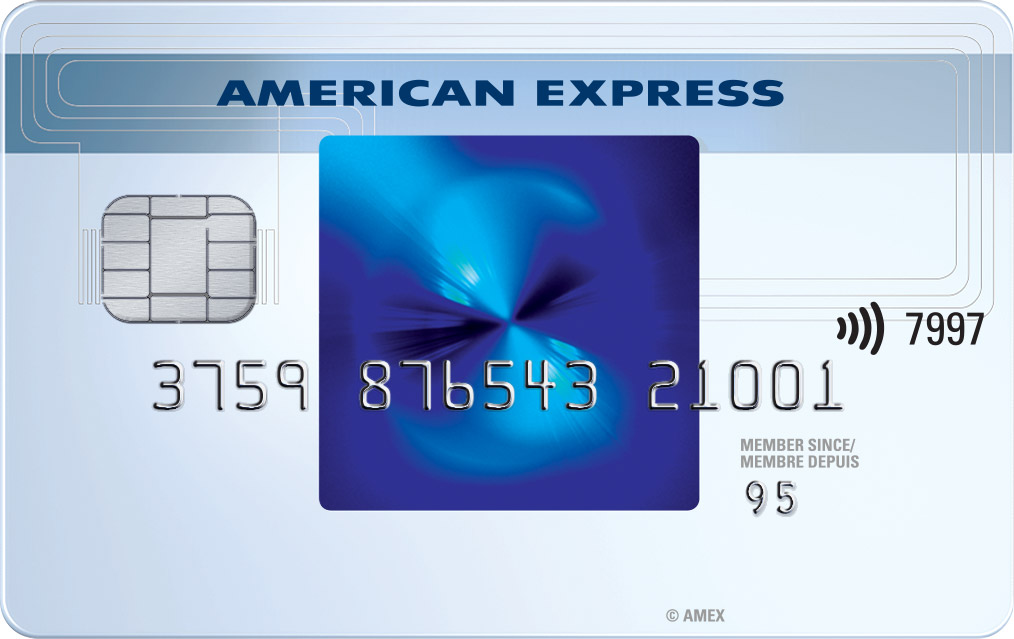There are plenty of items which can affect your credit report and tank your own score
 Many people always wonder if taking a new loan could hurt their credit score. In brief, loans and how you manage them is a critical factor in determining your credit score. Credit calculation is usually a complicated process, and loans may either increase or reduce your credit score. If you don’t make timely payments, taking a loan out could be as good as tanking your credit rating. Mostly, loan issuers examine your credit report to ascertain the type of lender you are. Since you need a loan to build an extensive history, this element may be counterintuitive. When this loan application is your very first one, your odds of success may be very slim. To be qualified for a new loan, you’ll need a fantastic history and utilization ration to be eligible for credit. Complete payment history previously is a vital success factor when applying for a new loan. In the event that you always make late payments, potential lenders would question your loan eligibility. If you’ve damaged your report before, taking out a new loan could help you restore it. Considering that the amount of debt takes a massive chunk of your report (30%), you ought to pay utmost attention to it.
Many people always wonder if taking a new loan could hurt their credit score. In brief, loans and how you manage them is a critical factor in determining your credit score. Credit calculation is usually a complicated process, and loans may either increase or reduce your credit score. If you don’t make timely payments, taking a loan out could be as good as tanking your credit rating. Mostly, loan issuers examine your credit report to ascertain the type of lender you are. Since you need a loan to build an extensive history, this element may be counterintuitive. When this loan application is your very first one, your odds of success may be very slim. To be qualified for a new loan, you’ll need a fantastic history and utilization ration to be eligible for credit. Complete payment history previously is a vital success factor when applying for a new loan. In the event that you always make late payments, potential lenders would question your loan eligibility. If you’ve damaged your report before, taking out a new loan could help you restore it. Considering that the amount of debt takes a massive chunk of your report (30%), you ought to pay utmost attention to it.
Federal bankruptcy courts designed this provision to offset debts from individuals and businesses. Declaring bankruptcy could offset some debt, but you’ll undoubtedly suffer its long-term implications. While it may seem decent news in the short term, it will affect your ability to receive loans for 7-10 years. It also might cripple your ability to negotiate favorable interest rates. When filing for bankruptcy, you’re experience countless hurdles and legal complexities. The very first step would be expressing your inability to pay the loan and moving through credit counseling. After this step, you’ll need to choose whether to file chapter 7 or chapter 13 bankruptcy. As soon as you choose the bankruptcy to document, you are going to have to clear all related legal fees. Since you’ll likely eliminate home or provide up possessions for sale, avoiding it’s an ideal choice. Filing bankruptcy affects the perspective with which creditors see you, hence you ought to avoid it.
Your credit rating is a credit snapshot with which lenders use to judge your creditworthiness. Different lending companies use tailored approaches to look at credit scores for a variety of consumers. Likewise, credit card companies use different strategies to check their consumer credit reports. As soon as you’ve got poor credit, lenders will not contemplate your loan applications. If your application becomes successful, you’ll pay expensive rates of interest and fees. For this reason, keeping an eye on your finances would help keep you on top of your finances. One of the ways of monitoring your financing, checking your credit rating regularly would help you. You can retrieve a free credit report from each of the information centers at no cost. After retrieving your account, you need to examine the things that seriously hurt your credit report. Start by simply removing the easy items before participating in the ones that need legal care. Should you require a credit repair firm, select one that matches your unique requirements. Always remember to keep good financial habits and check your report regularly.
 Having bad credit isn’t the end of the road — you may make an application for a second chance checking account. Secondly chance checking account work if you have been unsuccessful in your credit application before. The bank would check your records against ChexSystems before approving your application. Banks report poor credit behavior coupled with your financial records into the ChexSystems database. In case your data looks in ChexSystems, it means that you don’t have a good repayment history. If your name appears on this database, your chances of having a checking account would be slim. Some credit unions and banks offer this second chance accounts that will help you repair broken credit. But, there is a disparity between those accounts and a typical checking accounts. Certainly, second chance checking account have benefits and disadvantages. Even though it’s possible to use second chance checking accounts to rebuild credit, they generally have high prices. In addition, you can not use the overdraft feature because they are meant to show your fiscal discipline. Despite those drawbacks, second chance accounts are better compared to secured credit cards or check-cashing.
Having bad credit isn’t the end of the road — you may make an application for a second chance checking account. Secondly chance checking account work if you have been unsuccessful in your credit application before. The bank would check your records against ChexSystems before approving your application. Banks report poor credit behavior coupled with your financial records into the ChexSystems database. In case your data looks in ChexSystems, it means that you don’t have a good repayment history. If your name appears on this database, your chances of having a checking account would be slim. Some credit unions and banks offer this second chance accounts that will help you repair broken credit. But, there is a disparity between those accounts and a typical checking accounts. Certainly, second chance checking account have benefits and disadvantages. Even though it’s possible to use second chance checking accounts to rebuild credit, they generally have high prices. In addition, you can not use the overdraft feature because they are meant to show your fiscal discipline. Despite those drawbacks, second chance accounts are better compared to secured credit cards or check-cashing.
One perplexing factor that most individuals wonder is whether taking out a loan may hurt their credit score. In a nutshell, loans and the way you handle them is a critical element in determining your credit. Different businesses use various credit calculation models, and they’re able to increase or drop your credit score. If you don’t make timely payments, taking out a loan would be as good as tanking your credit score. Mostly, lenders use your credit report to tell the kind of customer you’re. This preliminary examination might be counterintuitive since you need a loan to build a fantastic history. When this loan program is the first one, your chances of success might be rather slim. That said, you are going to want a loan and a fantastic credit use ratio to meet the requirements for one. If you have cleared your bills early in the past, they may think about you a creditworthy consumer. On the contrary, your program would flop if you have a history of defaulting. Taking new loans might provide you the chance to build your credit if you had damaged it. Since debt volume accounts for a considerable part of your report, you need to give it immense focus.
0 comentário